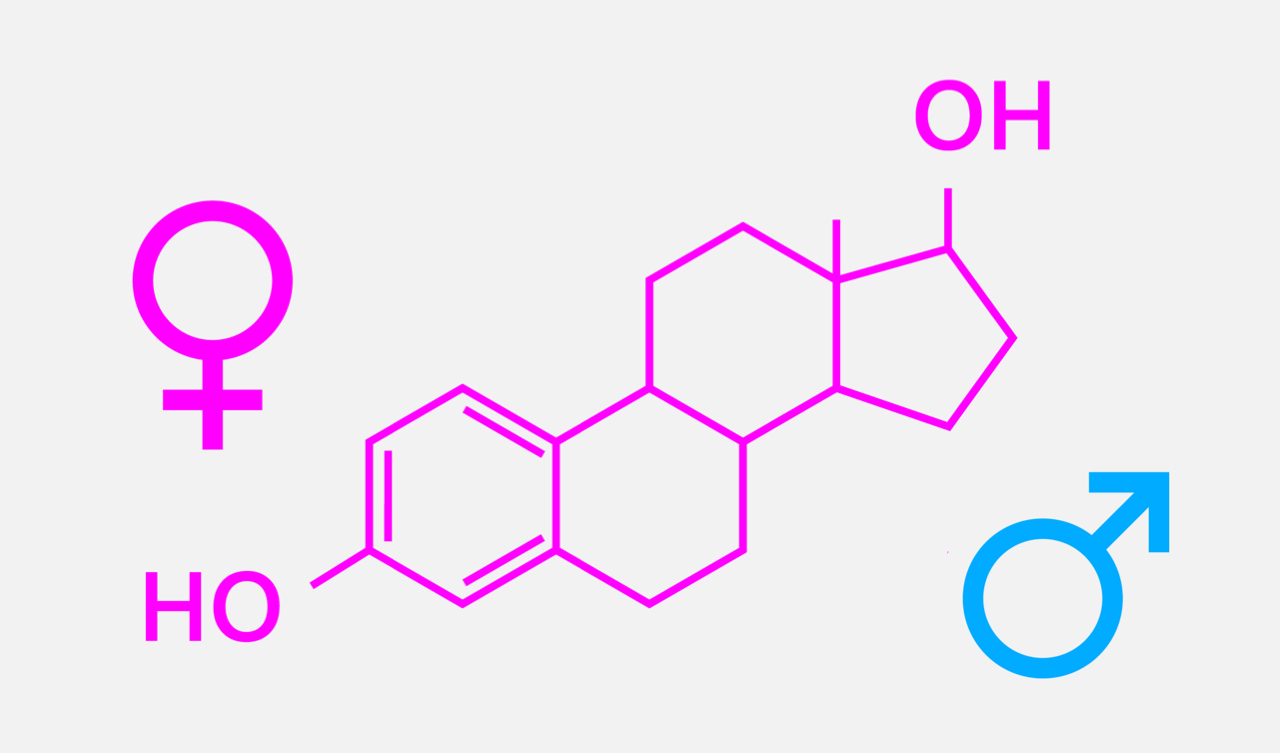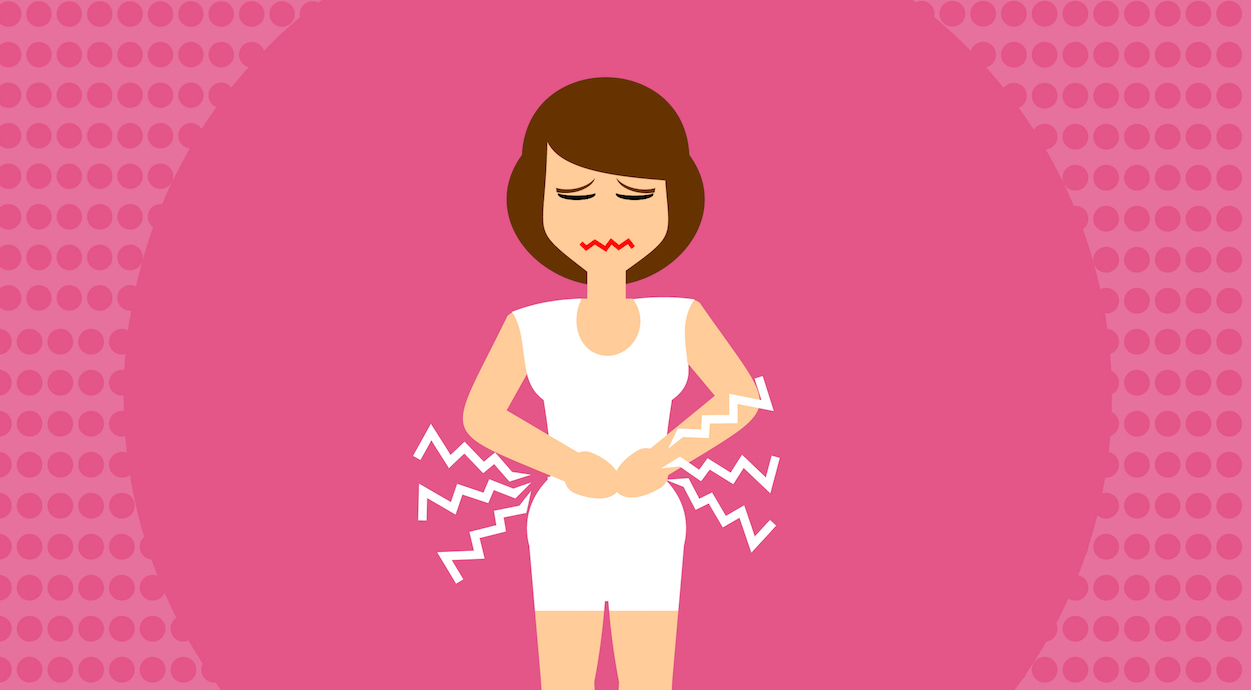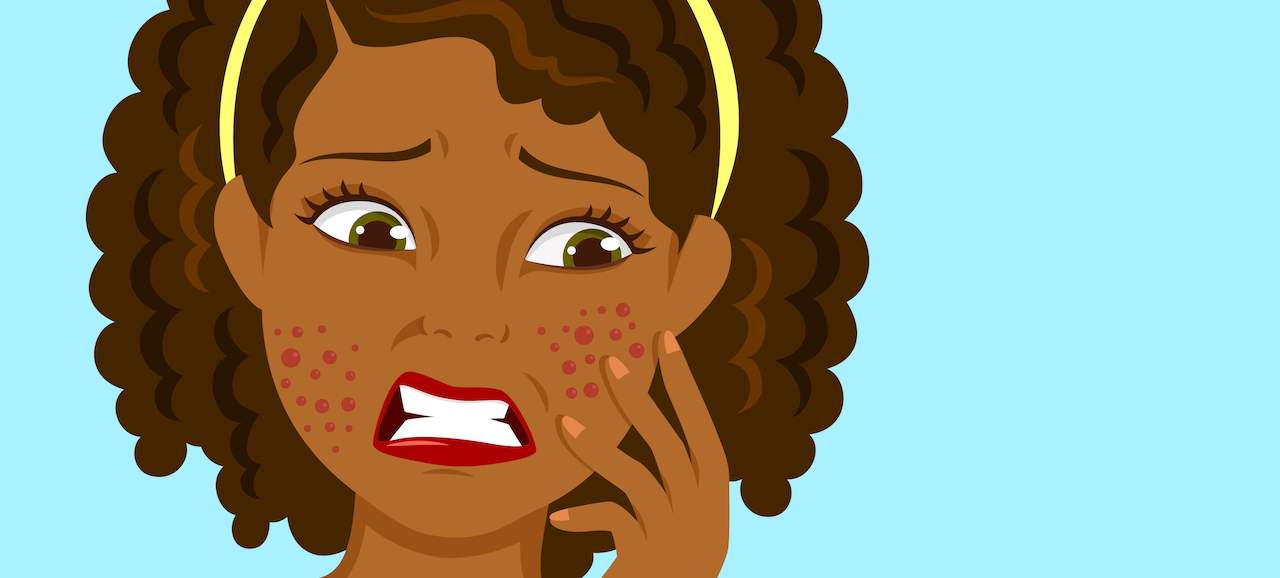What separates the girls from the boys? From a physical perspective, it all boils down to hormones. The glands all over your body secrete substances which have an effect on how your organ system behaves; either in a positive or negative way.
Although oestrogen is a female hormone, a man’s body also makes oestrogen; but at a lower level.
Oestrogen is a group of sex hormones that help with the development and maintenance of female characteristics in the human body. So, your hormones act like messengers, that tell specific tissues in your body to behave a certain way. Amazing, right? Oestrogen is one of the most important hormones for women, along with progesterone which maintains pregnancies and implants an egg in the uterus (womb).
How does this hormone work?
Oestrogen is responsible for the development of breasts, pubic and arm pit hairs, endometrium (mucous membrane that lines the inside of the uterus) and the regulation of a menstrual cycle. It’s an important hormone for the reproductive function and cycle of a woman.
In women, oestrogen circulates in the bloodstream and binds to oestrogen receptors on cells in targeted tissues. This doesn’t just affect your breasts and uterus, but the brain, heart, liver, bones and other tissues too.
The hormone controls the growth of the uterine lining during the first part of your menstrual cycle. It effects changes in the breasts during puberty and pregnancy; and regulates metabolic processes like bone growth and cholesterol levels too.
What about in men?
In their teenage years, men have high levels of testosterone and low levels of oestrogen. As men age, oestrogen increases and testosterone decreases. This is due to aromatase: an enzyme that converts testosterone into oestrogen. Aromatase is most commonly found in fat cells, so the more body fat a man has, especially in the midsection, the more aromatase, which leads to an increase in oestrogen.
What happens if there’s a dysfunction?
For women
Symptoms include:
- Headaches
- Mood swings
- Increased symptoms of premenstrual syndrome
- Swelling and tenderness in the breasts
- Low libido
- Irregular menstrual periods
- Trouble sleeping
- Cold hands or feet
- Hair loss
- Weight gain
- Lack of energy and exhaustion
- Memory difficulties
For men
If a man’s oestrogen levels increase significantly he may begin to experience unusual symptoms. High oestrogen in men results in:
- Infertility: Sperm levels in semen may decrease. This can lead to fertility issues. Oestrogen is partly responsible for creating healthy sperm.
- Breasts: Men with too much oestrogen may start to develop larger breasts.
- Erectile dysfunction: Sexual function may be disturbed when testosterone and oestrogen levels are not balanced. This will cause difficulties in getting or maintaining an erection.
Balance your hormones
- Bioidentical hormone replacement therapy (BHRT) is a recommended form of treatment to treat a hormonal imbalance. Your doctor will do blood tests to determine hormone levels. If there’s a deficiency or imbalance, BHRT is recommended to safely balance the levels.
- Exercise is also important for your overall health and mental state. It helps keep cortisol (stress hormone) levels low and counter the effects of stress.
- Eat clean! Junk, greasy and fast foods can increase hormone imbalances because of excess storage of fat in the body.





